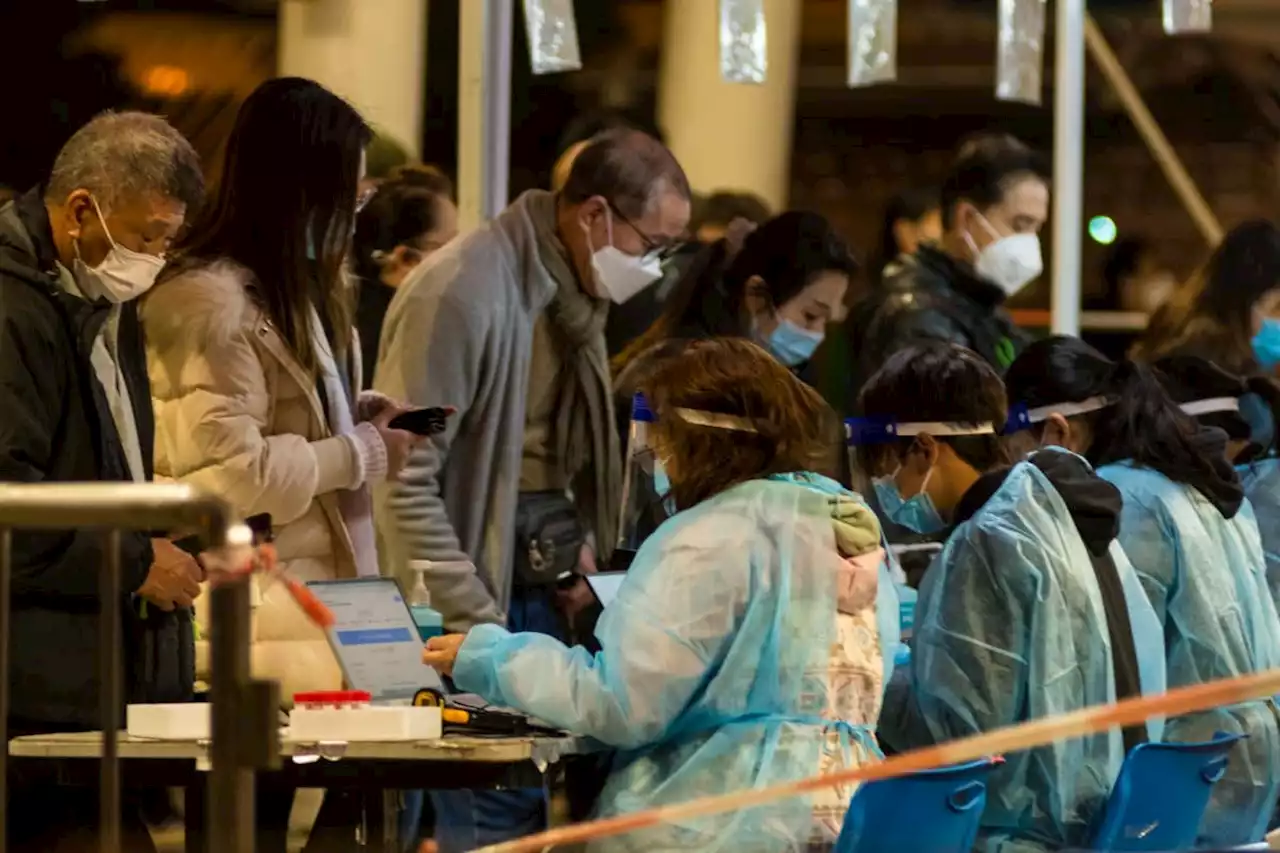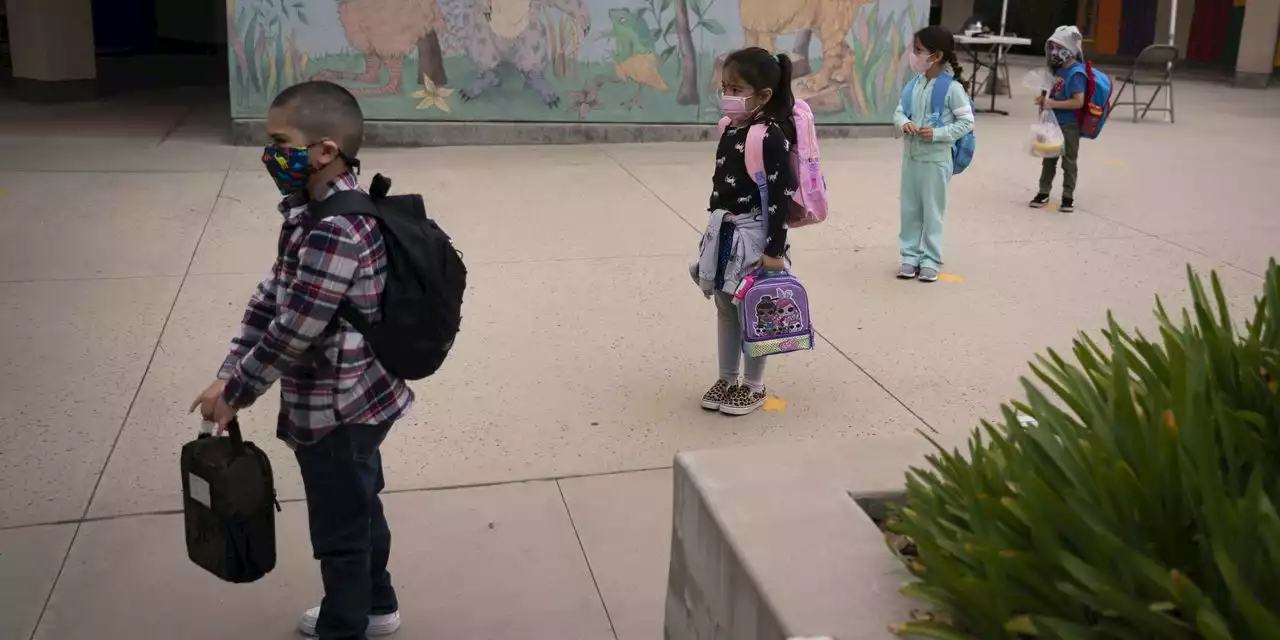70% of COVID mRNA vaccine doses have gone to the richest countries, so South African scientists are copying Moderna’s COVID vaccine
Credit: Afrigen Biologics
Many steps remain before Afrigen’s mRNA vaccine candidate can be distributed to people in Africa and beyond, and it definitely won’t help to curb the pandemic this year. But the WHO hopes that the process of creating it will lay the foundation for a more globally distributed mRNA-vaccine industry. Patrick Arbuthnot, director of gene-therapy research at the University of the Witwatersrand, says, “We were not intimidated, because mRNA synthesis is a fairly generic procedure.” Despite delays in the shipment of raw materials, the team completed this process in ten weeks and sent vials of mRNA to Afrigen in early December.
United States Latest News, United States Headlines
Similar News:You can also read news stories similar to this one that we have collected from other news sources.
South African scientists copy Moderna’s COVID vaccineResearchers at WHO technology-transfer hub complete first step in a project aimed at building capacity for vaccine manufacturing in low- and middle-income countries.
Read more »
 Covid-19 news: Chinese study predicts impact of ending zero covidToday’s covid-19 news: · Chinese researchers predict 2 million deaths if zero covid restrictions lifted · Australia plans to reopen its borders this month · Hong Kong records its highest number of cases
Covid-19 news: Chinese study predicts impact of ending zero covidToday’s covid-19 news: · Chinese researchers predict 2 million deaths if zero covid restrictions lifted · Australia plans to reopen its borders this month · Hong Kong records its highest number of cases
Read more »
 COVID Smell Loss and Long COVID Linked to InflammationHamsters eating Cocoa Krispies reveal inflammation pathways from the olfactory system to the brain.
COVID Smell Loss and Long COVID Linked to InflammationHamsters eating Cocoa Krispies reveal inflammation pathways from the olfactory system to the brain.
Read more »
 COVID Smell Loss and Long COVID Linked to InflammationHamsters eating Cocoa Krispies reveal inflammation pathways from the olfactory system to the brain
COVID Smell Loss and Long COVID Linked to InflammationHamsters eating Cocoa Krispies reveal inflammation pathways from the olfactory system to the brain
Read more »
 Covid-19: One Covid-related death and 2,694 more casesThe total number of deaths linked to the virus reported by the Department of Health is 3,128.
Covid-19: One Covid-related death and 2,694 more casesThe total number of deaths linked to the virus reported by the Department of Health is 3,128.
Read more »
 Opinion | Covid and the ‘Hygiene Hypothesis’From WSJopinion: Measures like masking and social distancing may be doing long-term damage to our immune systems, writes Eran Bendavid
Opinion | Covid and the ‘Hygiene Hypothesis’From WSJopinion: Measures like masking and social distancing may be doing long-term damage to our immune systems, writes Eran Bendavid
Read more »